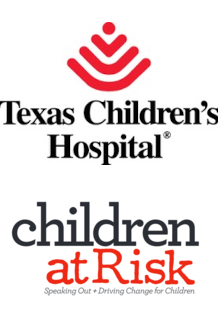Abstract
LGBTQ youth are vulnerable to nearly all forms of childhood maltreatment and trauma and are disproportionately overrepresented in the child welfare system. Many LGBTQ youth in the child welfare system encounter a number of obstacles related to discrimination, rejection, placement instability, and further maltreatment. Despite recent insights and advances in the field of trauma informed care the trauma experiences of LGBTQ youth have largely gone unaddressed in major works and frameworks related to trauma informed care. The following article explores the unique trauma and maltreatment experiences of LGBTQ youth and provides considerations for enhancing and improving practice with LGBTQ youth through the implementation of recent insights in the field of trauma informed care.
Key Take Away Points
- LGBTQ youth are vulnerable to all forms of childhood maltreatment
- The maltreatment and traumatic experiences of LGBTQ youth are often complex
- The emotional and behavioral responses to family and peer rejection can look similar to traumatic stress responses in LGBTQ youth
- Interventions aimed at enhancing affirmation, acceptance and cultural competence with LGBTQ youth in the child welfare system must adequately address family rejection and traumatic experiences
Author Biography
Adam McCormick is an assistant professor of Social Work at St. Edward’s University and teaches courses in child welfare and child trauma. Dr. McCormick’s research interests include LGBTQ youth in the child welfare system, the relationship rights of siblings in care, transgender youth mental health, trauma-informed practice, and the role of gay-straight alliances. Prior to teaching, Dr. McCormick worked in the child welfare system in a variety of clinical and administrative roles. He is the author of a number of articles on child welfare topics and is the author of the book, LGBTQ youth in the child welfare system: Empowering approaches to creating an inclusive system
Recommended Citation
McCormick, Adam; Scheyd, Karey; and Terrazas, Samuel
(2017)
"Policy Essay: Fostering the acceptance and inclusion of LGBTQ youth in the child welfare system: Considerations for advancing trauma informed responses for LGBTQ youth in care,"
Journal of Family Strengths: Vol. 17:
Iss.
2, Article 3.
DOI: https://doi.org/10.58464/2168-670X.1355
Available at:
https://digitalcommons.library.tmc.edu/jfs/vol17/iss2/3


